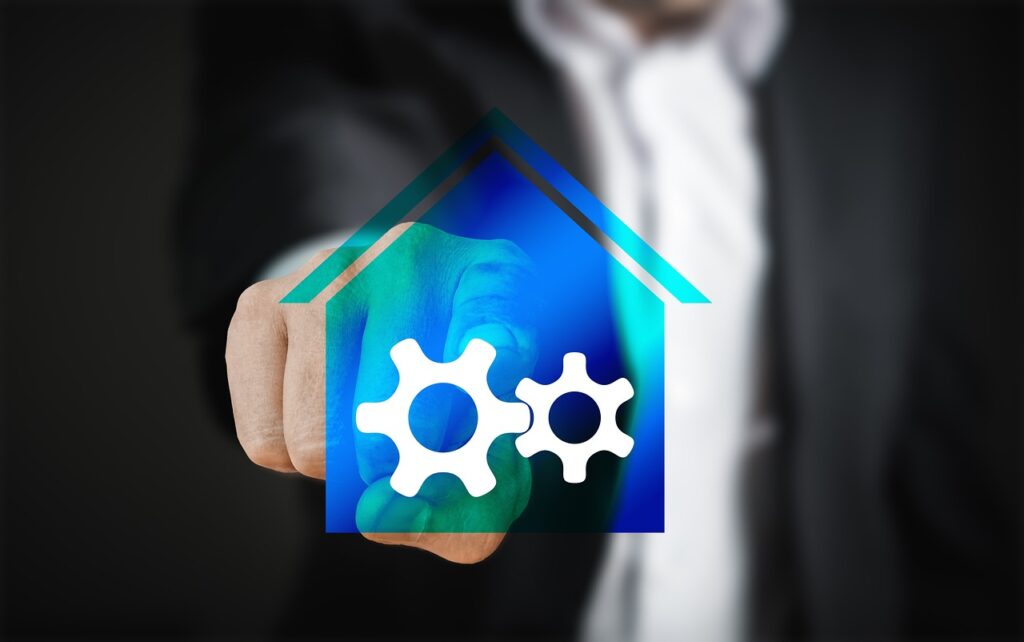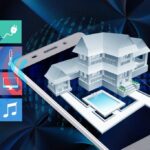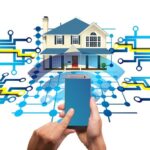Technology has rapidly advanced over the past decades, transforming not only the way we communicate and work but also how we live in our homes. Home automation has been one of the most exciting areas of this evolution, making our homes smarter, more efficient, and safer. Beyond the convenience it offers to all users, home automation holds particular promise for improving the lives of seniors, helping them maintain their independence and well-being in their own homes.
The Importance of Independence for Seniors
For many older adults, maintaining independence is a top priority. The home is a place filled with memories and comfort, and the ability to stay in it as long as possible is crucial for emotional and mental well-being. However, as we age, daily tasks and home safety can become more challenging. This is where home automation comes into play, providing solutions that allow seniors to live more safely and comfortably without constant reliance on others.
Home Safety: Fall Prevention and Emergency Alerts
One of the biggest risks for seniors at home is the possibility of falls, which can have serious consequences. Home automation offers several solutions to minimize this risk. For example, motion sensors can be installed in key areas of the house, such as hallways and bathrooms, to automatically turn on lights when motion is detected. This helps prevent seniors from having to search for switches in the dark, reducing the risk of tripping.
Additionally, fall detection systems, such as those integrated into wearable devices or security cameras, can automatically alert a family member or emergency services if a fall occurs. These systems not only provide peace of mind to users but also to their families, knowing that their loved one is being monitored and will receive help quickly if needed.
Another aspect of safety is protection against intruders. Smart security systems can offer remote monitoring, instant notifications of suspicious activity, and the ability to lock or unlock doors remotely. This is particularly useful for seniors living alone who want to keep their home secure without dealing with complex security systems.
Health Monitoring: A Health Assistant at Home
Health monitoring is another crucial aspect of home automation for seniors. Smart devices can help track vital signs such as blood pressure, blood glucose levels, or heart rate, sending this data directly to doctors or family members. This allows for continuous monitoring without the need for frequent doctor visits.
Moreover, there are smart pill dispensers that can remind users when to take their medication and even send alerts to their mobile phones if a dose is missed. These devices are especially useful for seniors who take multiple medications daily, helping them manage their medication regimen more effectively and reducing the risk of errors.
Voice assistants, such as Amazon Alexa or Google Home, can also be programmed to remind users of medical appointments, provide health reminders, or even guide users through breathing exercises or stretches to improve physical and mental well-being. These small but significant interactions can have a big impact on seniors’ daily health.
Ease of Use: Technology Tailored to Their Needs
A common concern about technology is that it can be complicated or intimidating for older adults. However, many home automation devices are designed with simplicity in mind, offering intuitive interfaces and voice control that make them accessible to everyone, regardless of their familiarity with technology.
For instance, voice assistants allow users to control lights, thermostats, and other devices simply by speaking to the device. No advanced technical knowledge is required, making technology accessible and useful even for those who are not familiar with using smartphones or computers.
Furthermore, many devices offer customizable settings that can be adjusted by a family member or caregiver to fit the user’s specific needs. This ensures that seniors can benefit from technology without feeling overwhelmed or confused by it.
Staying Connected: Technology as a Bridge
Social isolation is a significant issue for many seniors, especially those who live alone. Home automation can also help address this problem by facilitating communication with friends and family. Voice assistants can make calls or send messages to contacts with a simple voice command, allowing users to stay in touch with their loved ones effortlessly.
Additionally, connected cameras and monitors enable easy and accessible video calls, providing a way to see and talk to family and friends, which can be especially comforting for those who cannot leave the house frequently. These tools help combat feelings of loneliness and keep seniors connected to their support network.
Recommended Devices for Seniors
If you are considering integrating home automation into a senior’s home, here are some device recommendations that can be very helpful:
- Amazon Echo Show: A voice assistant with a screen that allows for video calls, controls other smart devices, and offers personalized reminders.
- Philips Hue: A smart lighting system that can be controlled by voice or through an app, ideal for preventing falls by automatically turning on lights when needed.
- MedMinder: A smart pill dispenser that reminds users when to take their medication and can send alerts to family members if a dose is missed.
- Nest Protect: A smart smoke and carbon monoxide detector that sends alerts to mobile phones and provides safety instructions in case of an emergency.
- SimpliSafe: An easy-to-use smart security system that offers 24/7 monitoring and can be controlled remotely through an app.
These devices, combined with a holistic approach to adapting technology to the specific needs of seniors, can make the home a safer, more comfortable, and enjoyable place for older adults, allowing them to maintain their independence and quality of life for longer.


